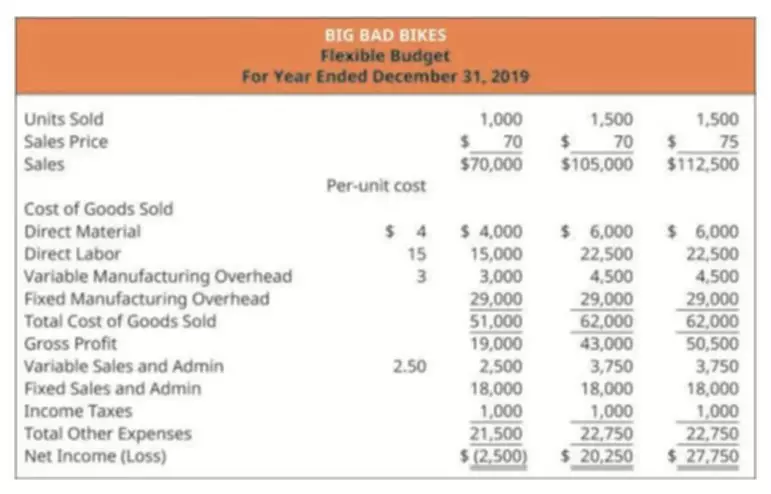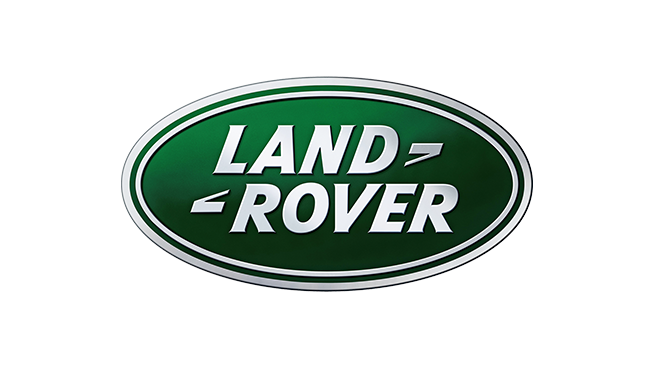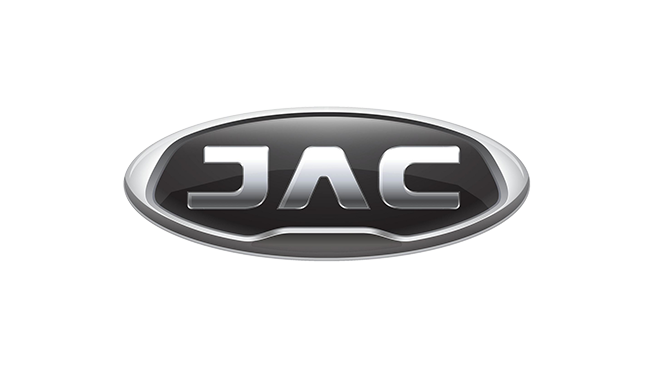Blog
What Is Escrow? How It Keeps Home Buyers and Sellers Safe
Content

Learn about the crucial role a title company plays in the process of buying a home, why lenders require a title company’s services, and how they protect you. In any other holdback escrow transaction, the money is released at the end of the merger acquisition or online purchase. In the case of a stock investment, the money is received once you sell your stock and transfer funds to your account.
- When your property taxes and homeowners insurance payments are due, your mortgage servicer will use the money in this account to pay these bills on your behalf.
- Another way escrow accounts are commonly used in real estate is by mortgage lenders.
- Examples include song music and lyrics, manufacturing designs and laboratory notebooks, and television and movie treatments and scripts.
- In some instances, lenders may allow the homeowner to pay the property tax and home insurance as a lump sum instead of setting up an escrow account.
- Earnest money is a buyer-performance item required to be deposited after a contract is fully executed.
- For one, real estate escrow applies to home-buying transactions only.
One is used throughout the homebuying process until you close on the home. The other, commonly referred to as an impound account, is used by your mortgage servicer to manage property tax and insurance premium payments on your behalf. In the US, escrow payment is a common term referring to the portion of a mortgage payment that is designated to pay for real property taxes and hazard insurance. It is an amount “over and above” the principal and interest portion of a mortgage payment. Since the escrow payment is used to pay taxes and insurance, it is referred to as “T&I”, while the mortgage payment consisting of principal and interest is called “P&I”. The sum total of all elements is then referred to as “PITI”, for “Principal, Interest, Tax, and Insurance”.
Mortgage escrow account
If the home purchase is being paid for with a government-backed loan, like a FHA loan or a USDA loan — an escrow account will be required. The Veterans Administration (VA) does not require escrow accounts for a VA loan, but the mortgage lender used to actually finance these types of loans may require one. Escrow accounts may be handled by a variety of third parties, including an escrow company, escrow agent or mortgage servicer.
Instead, you’re prepaying extra months of home insurance and property tax bills that you would be required to pay when due. Your mortgage servicer will list the initial escrow payment amount due at closing on your loan estimate. The second type of escrow account, aka a mortgage escrow account, comes into play once you’ve actually purchased a home. It’s managed by your mortgage lender or servicer, and the funds in it are used to pay property taxes, homeowners insurance and mortgage insurance (if applicable).
Do I get escrow money back at closing?
The real estate transaction could be held in escrow whereby the sale wouldn’t be completed until the buyer obtains financing or a mortgage from a bank. Also, the buyer could have difficulty securing the necessary insurance and other policies needed to complete the transaction. If the buyer doesn’t get approved for the mortgage or obtain the needed insurance, https://www.bookstime.com/articles/real-estate-escrow the escrow agent would nullify the offer to buy. The property, cash, and the title to the property are often held in escrow until all specified conditions, outlined in the escrow agreement, are met, and transfer of ownership can occur. For example, if your property taxes are $4,800 a year, this means you’ll pay $1,200 into escrow to cover those taxes.
How does escrow work in a transaction?
Key Takeaways. Escrow refers to a neutral third party holding assets or funds before they are transferred from one party in a transaction to another. The third party holds the funds until both buyer and seller have fulfilled their contractual requirements.
The third party is there to make sure everything during the transaction proceeds smoothly, including the transfers of money and documents, and to hold assets safely in an escrow account until disbursement. Cost will vary depending on location, the escrow agent, and the terms of the sale. However, common estimates of escrow fees are 1%-2% of the purchase price of the home. When closing day arrives, a portion of the closing costs will go toward escrow fees.
Who Manages An Escrow Account?
Perhaps you agreed that the seller can stay in the home an extra month, or maybe you found something wrong with the property during the final walkthrough. To protect both the buyer and the seller, an escrow account will be set up to hold the deposit. The good faith deposit will sit in the escrow account until the transaction closes. A buyer might agree to purchase a property with the condition that the home passes a home inspection. The funds for the purchase would be held in escrow until the inspection has been completed. Once the conditions of the offer are satisfied, the buyer or seller will then be obligated to purchase or sell the property.
When you have a fully executed contract that’s when escrow steps in. The RPA is integral to the transaction because it covers all the terms, conditions, and stipulations that have to be met according to what the buyer and seller have agreed upon. Now maybe you have heard the term but you’re not exactly sure what escrow does in a real estate transaction. In simple terms, escrow in real estate is a neutral third party that protects the integrity of the transaction.
To find out which escrow service is the best, consulting the local homeowners association (HOA) is a good idea. Unless a major issue is discovered, buyers are generally not allowed to back out of the purchase at this stage. Andrew Dehan is a professional writer who writes about real estate and homeownership. Apply online for expert recommendations with real interest rates and payments. It’s never too late to make a career move, especially if you’re interested in the real estate…
What are the escrow fees?
Escrow fees are a portion of the closing costs that come with buying a home. These costs are paid directly to an escrow company, real estate attorney or title company to conduct the closing and distribute funds to the third parties involved in the real estate transaction.
If you waive escrow, be aware that some lenders may charge you a fee or an increased interest rate. The conditions usually involve receiving an appraisal, title search and approved financing. As a buyer, would you feel comfortable transferring thousands of dollars to a seller you’ve never met without knowing for sure that you would receive the title in return? And as a seller, would you really want to take the risk of handing over a title without a complete guarantee that the buyer is good for the purchase price? Escrow protections help give all parties peace of mind, and help ensure that a real estate transaction goes through as easily as possible.
Do you need to escrow tax and insurance payments?
They’ll run it for you to help pay your property taxes and insurance. When they calculate your monthly mortgage payment, they add any extra amounts you’ll need, such as for any mortgage insurance premiums. Even with a fixed interest rate, monthly mortgage payments may change over the life of the loan due to changes in property taxes and insurance premiums. By RESPA guidelines the escrow payment must be recomputed at least once every 12 months to account for increases in property taxes or insurance. Escrow can also come into play after you close, once it’s time to start making your mortgage payments. If you and your lender decide to escrow property taxes and insurance, you’ll make monthly payments into an escrow account, and pay a little extra each month to go toward your yearly property taxes and insurance.
For example, multinational companies retain their top-line of workforce through additional shares. They’re held in an escrow account that liquidates only after the employee spends a bond duration with the company. You will typically not be responsible for securing your own escrow agent. Instead, your broker or lender will facilitate the process—you just have to supply the money. Buying or selling a home is one of the biggest financial decisions an individual will ever make. Our real estate reporters and editors focus on educating consumers about this life-changing transaction and how to navigate the complex and ever-changing housing market.
You can sometimes choose not to manage your taxes and insurance with an escrow account. However, you’ll have to save for these bills and pay them on your own. These are one-time tax bills that are issued due to a change in ownership or new construction. Your lender can’t predict when you’ll get a supplemental tax bill or how much it will be. With your mortgage servicer taking care of your escrow account, there’s not much you have to do. You don’t have to send in your tax or insurance bills – your servicer will make sure they know who to pay, and when.
Here are some reasons for using escrow accounts, how they work, and what they may cost. The amount of escrow due each month into the impound account is based on your estimated annual property tax and insurance obligations, which may vary throughout the life of your loan. Because of this, your mortgage servicer may collect a monthly escrow payment, along with your principal and interest, and use those collected funds to pay taxes and insurance on your behalf. If you’ve done any previous research on escrow, you may have come across online escrow companies. While the main goal of online escrow is similar to that of real estate escrow, online escrow companies help build trust between buyers and sellers in online purchases—not in real estate transactions. For the remaining down payment and closing costs, you’ll need a cashier’s check.
Real estate
If the buyer backs out, the seller often keeps the earnest money as compensation. Closing costs are expenses outside of the property price that can apply to buyers and sellers. Although both types of escrows have this in common, there are several differences between the two that you should note.




















